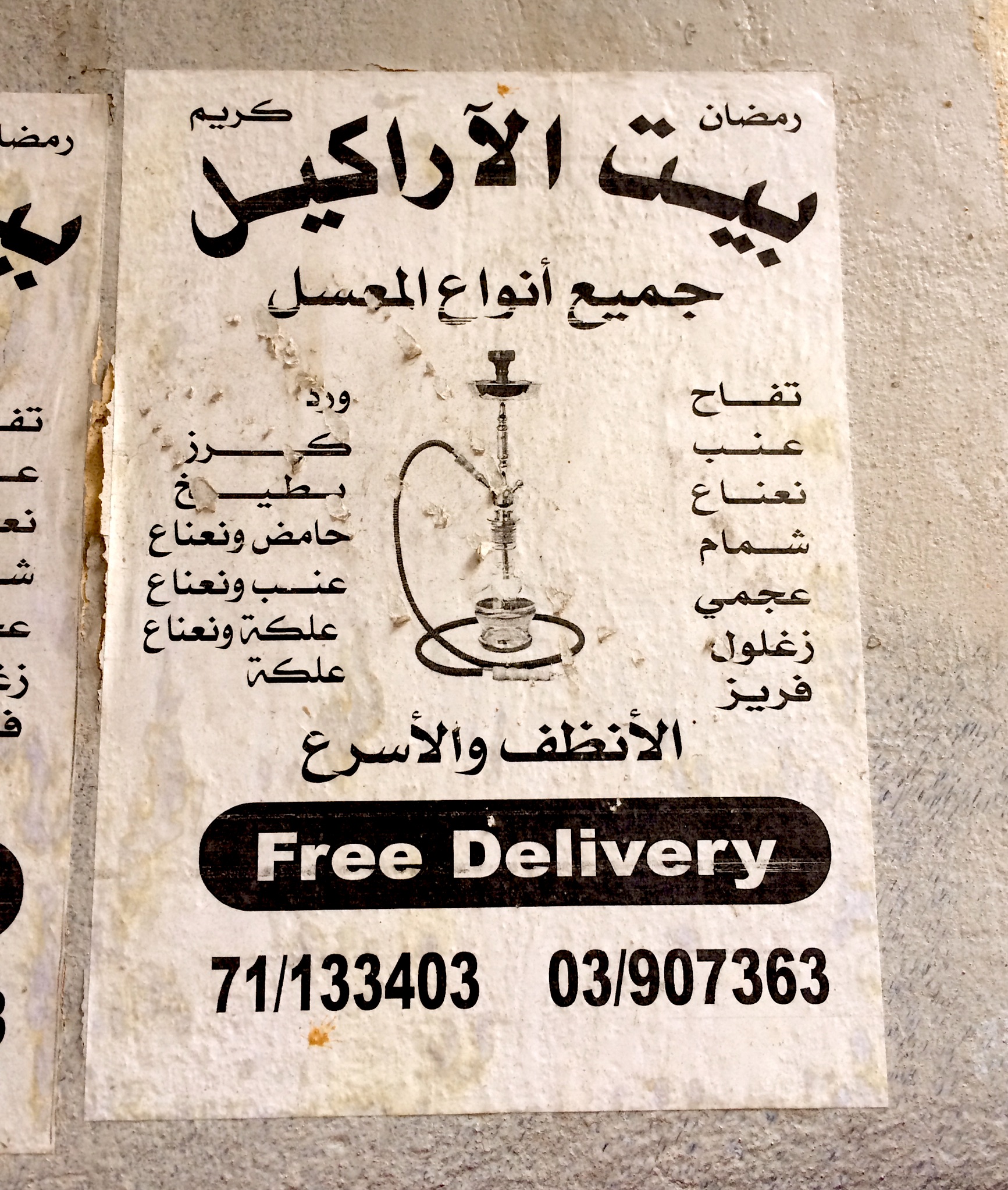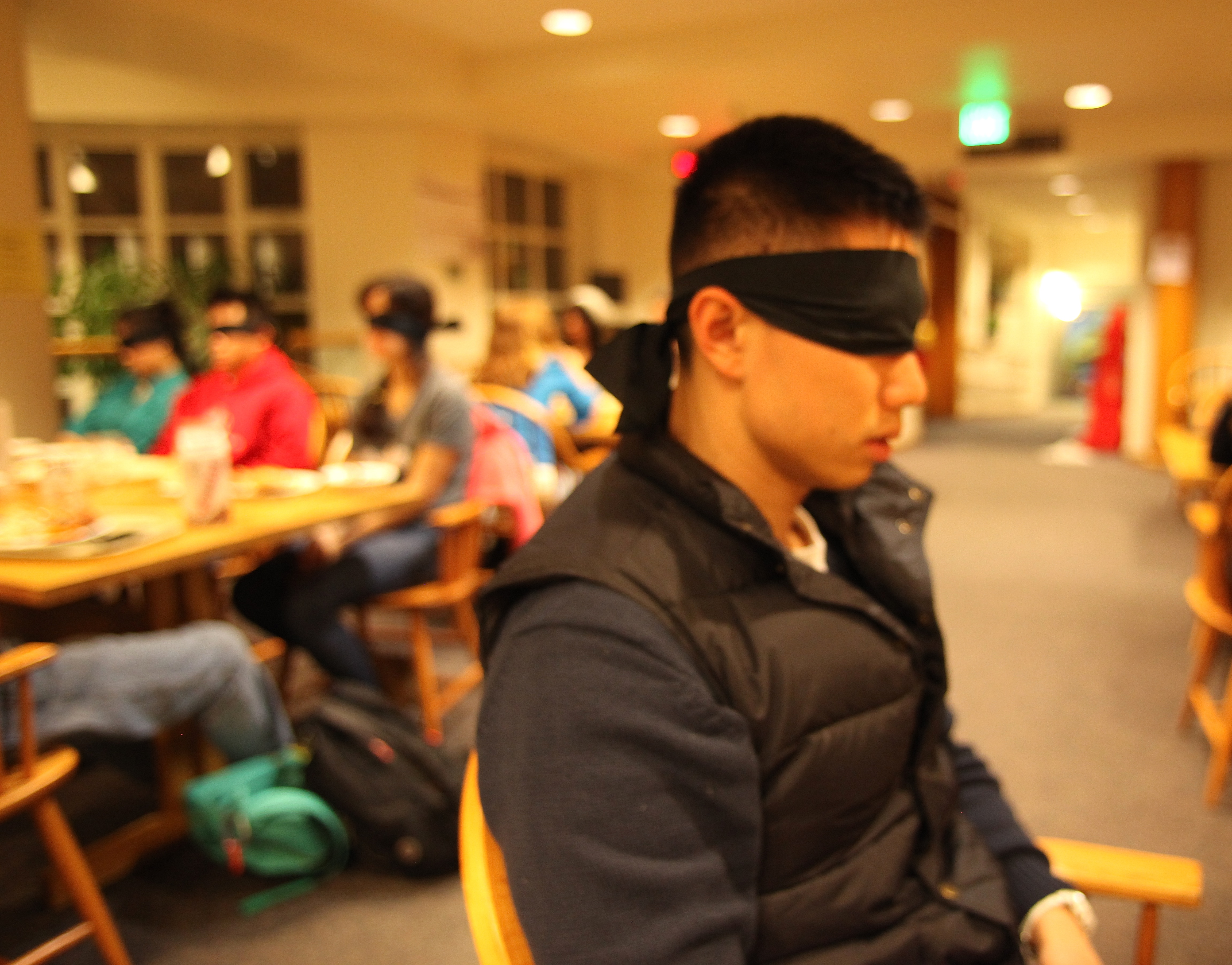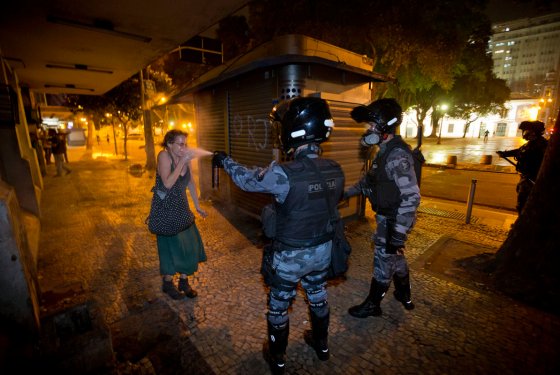A Saudi Arabia Reader
American imperialism occupied the heart of the Arabian Peninsula, exploited our soil, set up the Dhahran Air Base where atomic bombs are stored

"American imperialism occupied the heart of the Arabian Peninsula, exploited our soil, set up the Dhahran Air Base where atomic bombs are stored... American imperialism has turned King Saud into an American phonograph record publicizing anything that comes from the United States. It advertises the luxurious American Cadillac automobile. King Saud even gave a prize to a poet for his ode to a Cadillac... Oh Amir of music sing us a song, and drive us in the Cadillac slowly along." —Voice of the Arabs, 13 November 1961† In 2013 I designed and taught a course on the history, literature, and visual culture of contemporary Saudi Arabia. We focused on the period following the discovery of oil until the current moment. The course—particularly enriched by the cultural and linguistic access of a highly motivated Saudi student, who first approached me about organizing… Read More...















